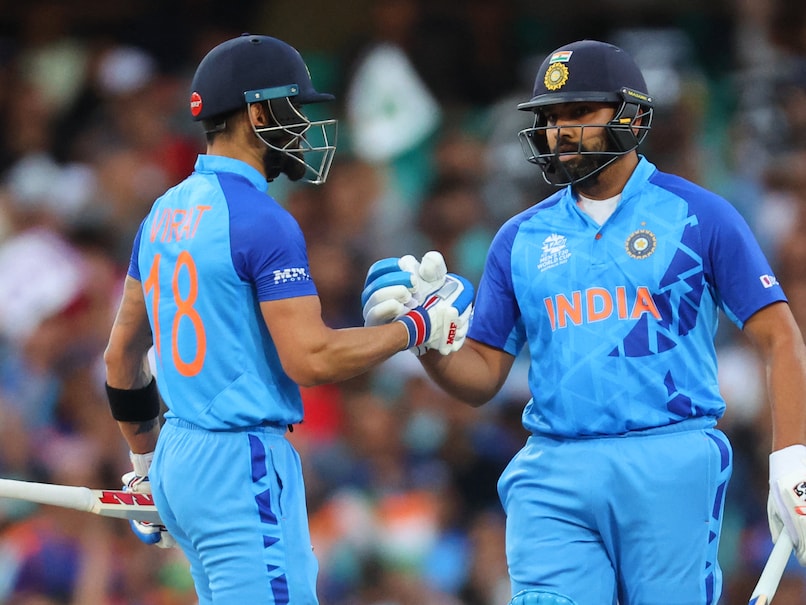The government on Wednesday approved ₹3,760 crore for viability gap funding of up to 40% of total capital cost to set up 4,000 MWh battery energy storage system in the country, Union minister Anurag Thakur said.
The entire ₹3,760 crore viability gap funding (VGF) will be borne by the central government, the Information & Broadcasting Minister said while briefing the media about the Cabinet decisions.
The VGF will be released in five tranches till 2030-31 and help in creation of 4,000 MWh storage across the country.
The viability gap funding, Mr. Thakur said, will lead to an investment of ₹9,500 crore.
About the progress of renewables, he said that the solar energy has increased from 2.6 GW in 2014 to 71 GW at present while wind energy has increased from 21 GW (in 2014) to 40 GW.
He told that India is meeting its 25% of energy demand from renewable energy, including from large hydro plants.
He explained that India needs to develop BESS (battery energy storage system) for making round-the-clock renewable energy supply possible.
The BESS would enable use of stored renewable energy in peak hours, he said.
The minister opined that the scheme is in sync with India’s ambition to meet its 50% of energy requirements through renewable energy and non-fossil energy sources by 2030 and also help reduce carbon emission. An official statement said, “The Union Cabinet, chaired by the Prime Minister approves the Scheme for Viability Gap Funding (VGF) for development of Battery Energy Storage Systems (BESS).” The approved scheme envisages development of 4,000 MWh of BESS projects by 2030-31, with a financial support of up to 40% of the capital cost in the form of VGF, it explained.
The move is expected to bring down the cost of battery storage systems increasing their viability.
Designed to harness the potential of renewable energy sources such as solar and wind power, the scheme aims to provide clean, reliable, and affordable electricity to the citizens, it stated.
The VGF for development of BESS scheme, with an initial outlay of ₹9,400 crore, including a budgetary support of ₹3,760 crore, signifies the government’s commitment to sustainable energy solutions, it stated.
The scheme aims to achieve a Levelized Cost of Storage (LCoS) ranging from ₹5.50 to ₹6.60 per kilowatt-hour (kWh), making stored renewable energy a viable option for managing peak power demand across the country.
The VGF shall be disbursed in five tranches at various stages of implementation of BESS projects.
To ensure that the benefits of the scheme reach the consumers, a minimum of 85% of the BESS project capacity will be made available to power distribution companies (discoms), it stated.
This will not only enhance the integration of renewable energy into the electricity grid but also minimize wastage while optimising the utilisation of transmission networks, the ministry statement said.
Consequently, it will reduce the need for costly infrastructure upgrades.
The selection of BESS developers for VGF grants will be carried out through a transparent competitive bidding process, promoting a level-playing field for both public and private sector entities.
This approach will foster a healthy competition and encourage the growth of a robust ecosystem for BESS, attracting significant investments and generating opportunities for associated industries.
By harnessing the power of renewable energy and encouraging the adoption of battery storage, the government aims to create a brighter and greener future for all citizens, it stated.










